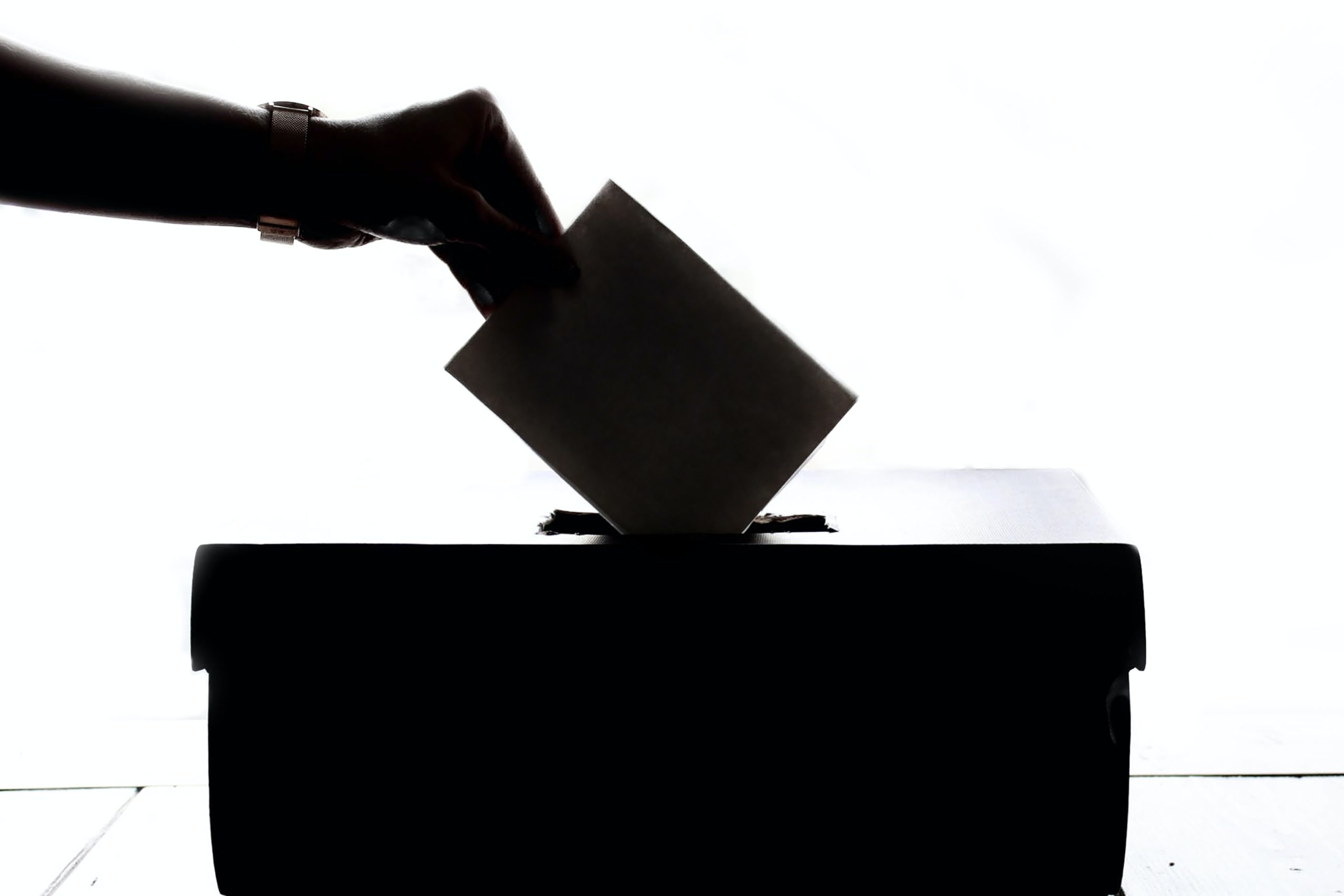by Dan Onwukwe
The question Obasanjo tried to answer, though in a provocative way, is: why is Nigeria’s present generation of politicians, including himself, not measuring up on the scale of leadership test? Or, is Nigeria jinxed on that scale?
The discussions are still intense across the land whether the visit of the President of the Federal Republic of Nigeria, Goodluck Jonathan to China this life is an enthralling narrative that captures what’s good, bad and ugly about humankind.
Over the years, his public life, especially during the period he was civilian president, was so controversial that when he eventually left office amid weltering allegations that he attempted to extend his tenure beyond the maximum two terms provided in our constitution, every body heaved a big sigh of relief.
His utterances, in and out of office, reflect the image of a raging bull, a blood and thunder personage. But you can’t ignore his voice. It’s a portrait of a complicated man, who even his own children admitted that father is autocratic.
This was a man who promised before he became President in 1999 to heal the wounds and give his country a new feeling about politics of integrity, but he ended up widening the fault lines and rough patches that divide us as a nation. These fault lines are still running deep.
Of late, his comments, like his personality, are like an apparition we hate to see. That’s why history and historians will judge him differently, in both kind and harsh words.
Since leaving of office, not exactly in circumstances he had wished, former President Chief Olusegun Obasanjo, has been looking for redemption through harsh criticism of policies of the present government and conduct of public officials, past and present. Such outbursts have become an oxygen of publicity that makes him relevant in national discourse.
Last week, at an event organised by the Centre for Sustainable Development, University of Ibadan(UI),in partnership with African Sustainable Network, Obasanjo, for what has become his searing trademark, walloped the younger generation of leaders in Nigeria.
He dismissed them as total failures. He said they were lacking in integrity and are no role models for the future generation to emulate. The former President reserved the harshest words for Atiku Abubakar, his deputy. He didn’t spare erstwhile governors of Bayelsa, Edo and Lagos States, Diepreye Alamieyeseigha, Lucky Igbinedion and Bola Tinubu. Not spared in his attack are disgraced ex-Speaker, House of Representatives, Salisu Buhari and former Governors of Delta and Edo States, James Ibori.
Let’s put things in proper context: For sure, a lot things have given rise to serious concerns in our polity. What works for other nations has failed in our country. Leadership crisis has become one of our Achilles heels.
The question Obasanjo tried to answer, though in a provocative way, is: why is Nigeria’s present generation of politicians, including himself, not measuring up on the scale of leadership test? Or, is Nigeria jinxed on that scale?
Undoubtedly, leadership matters. It is critical, especially in crises times if any nation must move forward. It’s the ability to connect with the people and shape their aspirations. This is called “Transference leadership”. The question is: why don’t we have such leaders?
Are our younger generation of leaders the most awful of the lot, as Obasanjo tried to make us believe at his speech at UI? There’s also no doubt that those Obasanjo painted with such a stinking brush are individuals we loath to see as our leaders.
For example, is Ibori not a confirmed crook? What about DSP Alamieyeseigha and Igbinedion? Were Tinubu and Salisu Buhari not embroiled in certificate scandals? Was their conduct in office not disgraceful? For my family, Alamieyeseigha’s reign as governor of Bayelsa still rankles. His convoy killed my uncle’s wife along Warri/Patani road in 2004 on her from a wedding. The ex-governor never showed any concern.
However, every assessment of an individual performance must be taken in the context of a team’s failure. That’s the standard rule in government. All the “younger” leaders that Obasanjo excoriated emerged, blossomed and became folders of what we hate to see in our leader during his presidency.
In that regard, the former President was talking through his hat. He was not sincere with himself. If leadership is all about virtues and impressions and legacies, then Obasanjo is a sincere deceiver.
Through out his Presidency, his conduct, his performance were never ennobling examples for the younger generation of leaders to emulate. His strong-will and willful disposition, his unforgiving spirit, his unlearning and unlearn able character, all represent the worst leadership vices ever unleashed on Nigeria.
It can only be compared with the better-to-be forgotten regime of late Gen.Sani Abacha. Under his leadership, Obasanjo confused Nigeria’s destiny with his own. His lack of compassion an willfulness against perceived enemies remain even today a deep-seated occupational disease that has infested every facet of the Nigeria’s leadership, from top, to bottom.
It has made unity and progress hard to achieve. Two examples will suffice to buttress OBJ’s divisive tendency, lack of compassion and tolerance. In 2004, at a stakeholders’ forum towards finding solution to sectarian strife in Plateau State, Obj in a fit of anger called the then Chairman of the Christian Association of Nigeria (CAN), Rev. Yakubu Pam a “total idiot.”
Again, in 2001,while on a visit to the scene of a bomb explosion at Ikeja, Lagos, rather than show compassion to the relatives of those who lost loved ones, Obasanjo worsened their grief when he lashed at them,” shut up, you should be happy that I came, I am not supposed to be here”. It took the visit of Atiku to the same place few days later, to apologise.
It was leadership most unkind. For the records, Obasanjo perhaps more than any Nigerian in our recent political history had the golden chance, a holiness of second chance to make amends and develop the country and improve the welfare of the citizens.
Did he improve power supply with the amount of money reportedly spent on the sector? What about corruption? Was it tackled with sincerity of purpose or selectively? This is his record: He had power but he used it to muzzle the followership and political foes.
He squandered public trust, and like Ibrahim Babangida, he missed a good testimonial in our political history. It needs repeating that leadership is the bane of Nigeria’s development. Which is why the reality of scale of power is often defined by the extent to which it influences and dominates individual behaviour and conditions external to the individual who holds power.
It makes no sense therefore when a former leader demands from others the standards he failed to embrace. This is because, as they say,” hypocrites lose their footing the very moment they hold others to the standards they couldn’t keep. Put differently, can kettle call pot black? Can you come to equity with dirty hands?
If things haven’t changed for the better for Nigeria and “business goes as usual”, it’s because, in the main, those who want to lead don’t prepare to lead, they are almost always forced to come and lead.
But once in leadership position, the scent and pleasures of the office blind them not to know when to quit. That’s why real change and transformation will take time to materialise at every level of governance.
————————-
Read this article in the Sun Newspapers
Op-ed pieces and contributions are the opinions of the writers only and do not represent the opinions of Y!/YNaija.












